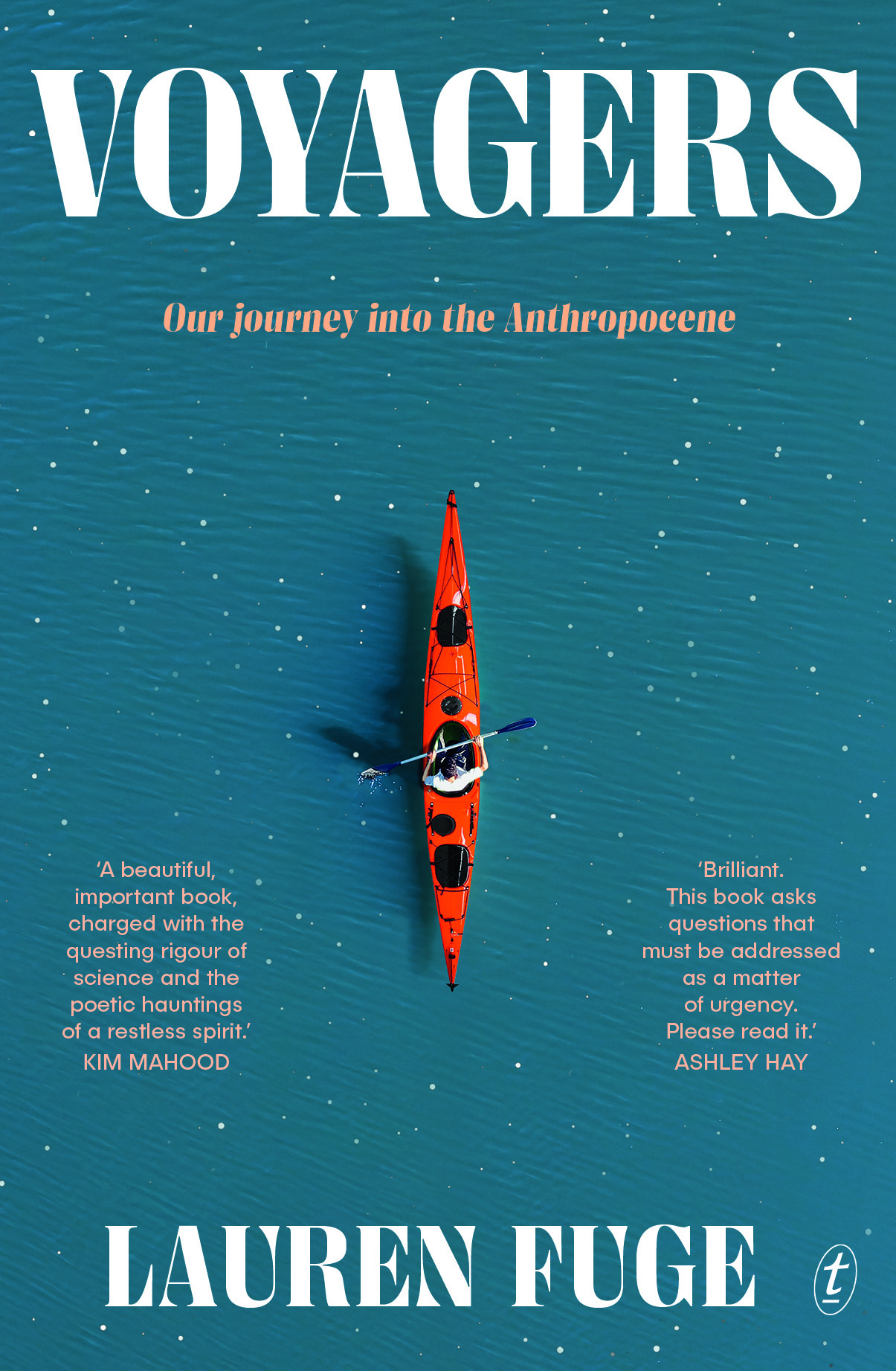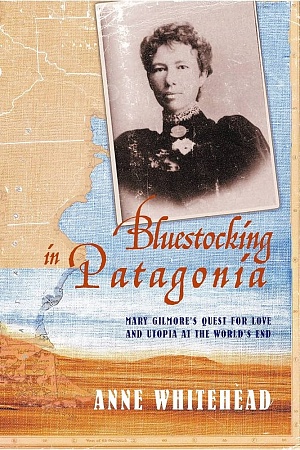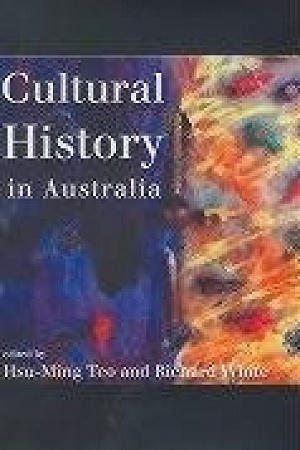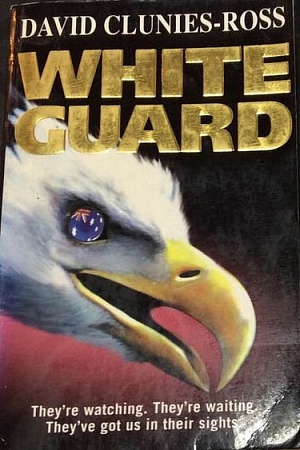ABR receives a commission on items purchased through this link. All ABR reviews are fully independent.
Now, voyager
It is rare to encounter spacecraft in nature writing. Indeed, most definitions of nature confine it to Earth’s boundaries. A few pages into Lauren Fuge’s book, we are treated to the image of two Voyager space probes, more than sixteen billion kilometres from the Earth and ‘driven by the most ecstatic imaginings of human exploration’. This is a mark of Fuge’s ambition. She is as comfortable crossing the frontiers of interstellar space as she is describing oystercatchers pattering feather-light in the sand.
This has been a promising year for nature writing, with James Bradley’s Deep Water showing the genre’s potential to reach back through millennia rather than through hundreds of years. Voyagers follows the slipstream of Bradley’s thought although, like the titular space probes, Fuge is quite capable of steering her own course.
Fuge has been a science writer for more than ten years, but this is her first book-length work, other than Young Adult fiction. Her 2022 essay, ‘Point of View’ (most of which is reproduced in Chapter Seven) won the Bragg Prize for Science Journalism. It also brought her international recognition when she became the first Australian writer to receive Gold at the American Association for the Advancement of Science Awards.
Continue reading for only $10 per month. Subscribe and gain full access to Australian Book Review. Already a subscriber? Sign in. If you need assistance, feel free to contact us.
Voyagers: Our journey into the Anthropocene
by Lauren Fuge
Text Publishing, $36.99 pb, 293 pp
ABR receives a commission on items purchased through this link. All ABR reviews are fully independent.











Leave a comment
If you are an ABR subscriber, you will need to sign in to post a comment.
If you have forgotten your sign in details, or if you receive an error message when trying to submit your comment, please email your comment (and the name of the article to which it relates) to ABR Comments. We will review your comment and, subject to approval, we will post it under your name.
Please note that all comments must be approved by ABR and comply with our Terms & Conditions.